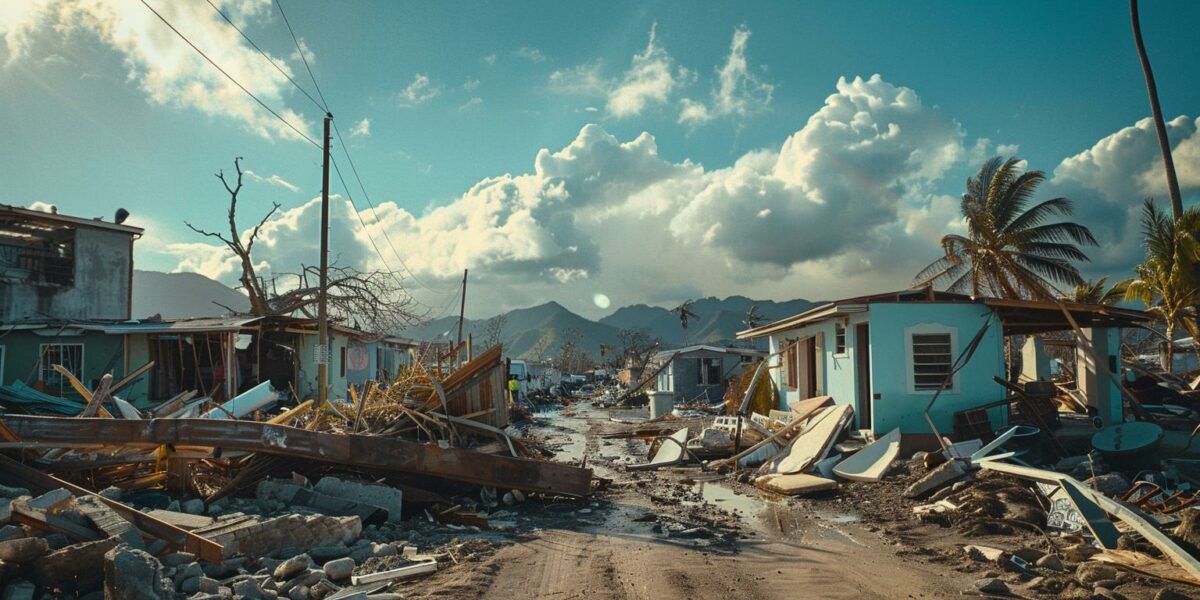Urgent Need for a Global Fossil Fuel Treaty
The world is witnessing the devastating effects of climate change, highlighted by recent events like Category 5 Hurricane Beryl and Typhoon Gaemi. The destructive power of these storms emphasizes the importance of addressing the root causes of climate change. Immediate action is required to mitigate these extreme weather events.
Hurricane Beryl’s unprecedented early formation caused havoc across the Caribbean, affecting countries from Barbados to the United States’ Midwest. This hurricane season’s early and severe start is a stark warning. Communities are in constant fear as storms grow stronger and more unpredictable.
The Caribbean’s beauty masks its climate vulnerability. Each hurricane season brings destruction, flattening homes and obliterating infrastructure. The economic impact is enormous, stretching nations’ resources to their limits. The human toll is immeasurable, with lives lost and communities shattered.
Climate change, driven by fossil fuel consumption, is exacerbating these events. The Caribbean, with its low-lying islands and reliance on coastal resources, is particularly at risk. Rising sea levels and heavier rainfall are direct consequences of a warming atmosphere, making hurricanes more severe.
The Injustice Faced by Small Island Developing States (SIDS)
Small Island Developing States (SIDS) like those in the Caribbean are on the frontlines of climate change. They suffer the most from extreme weather, despite contributing the least to the problem. This inequity is a glaring injustice that demands international attention and action.
Climate change threatens coral reefs and marine life, vital to these nations’ biodiversity and economies. Coastal zones, where people and assets are concentrated, are particularly vulnerable. Tourism, fisheries, and agriculture are heavily impacted, leading to economic instability.
SIDS often lack the resources needed for climate adaptation and resilience. This deficiency exacerbates poverty and forces emigration. The international community must address these challenges with urgency and determination. Post-disaster aid is not enough; we need to tackle the root causes of climate change.
To highlight the impact, consider these points:
- Economic dependency on climate-sensitive sectors
- Limited financial and technological resources for adaptation
- Increased poverty and forced emigration
It is imperative to provide comprehensive support to these vulnerable nations.
Call for a Binding International Treaty
A binding international treaty on fossil fuels is essential to protect vulnerable communities. Such a treaty would enforce strict limits on fossil fuel extraction and promote a just transition to clean energy. Countries must be held accountable for their contributions to global warming.
The treaty should include provisions to support the most vulnerable nations, ensuring they have the resources to adapt to and mitigate climate impacts. Economic growth and sustainability must go hand in hand in this transition.
We can no longer afford half measures. Bold, decisive action is necessary to combat the climate emergency. For the Caribbean and other small island states, this is about survival. A Fossil Fuel Treaty would signal global commitment to ending fossil fuel dependency.
Hurricane Beryl’s impact may fade from the headlines, but its lessons remain. The climate crisis is accelerating, and the victims deserve more than sympathy; they deserve action. Governments must heed the call for a Fossil Fuel Treaty with urgency and resolve.



jane
Why do I feel like this is just another empty promise? 😒
ellie
Hope this happens soon. The planet can’t wait.
mason
Another treaty? Will politicians even care?
NathanielQuester6
Are there any examples of successful treaties like this in the past?
John_Unity4
Finally, someone is talking about the real issues. Thank you!
Colton
This sounds like it’s going to cost a lot of money. Where will the funds come from?
harley
Can we really trust countries to stick to such a treaty?
Easton
Who is going to enforce this treaty? Seems like a tough job.
ThomasStardust
Great article! 🌍 We need more awareness like this.
Scarlett
Why hasn’t this been done already? We need action now!